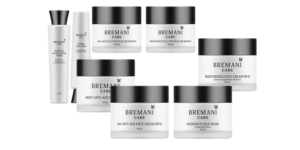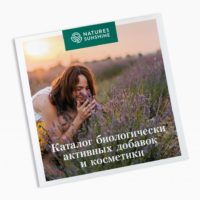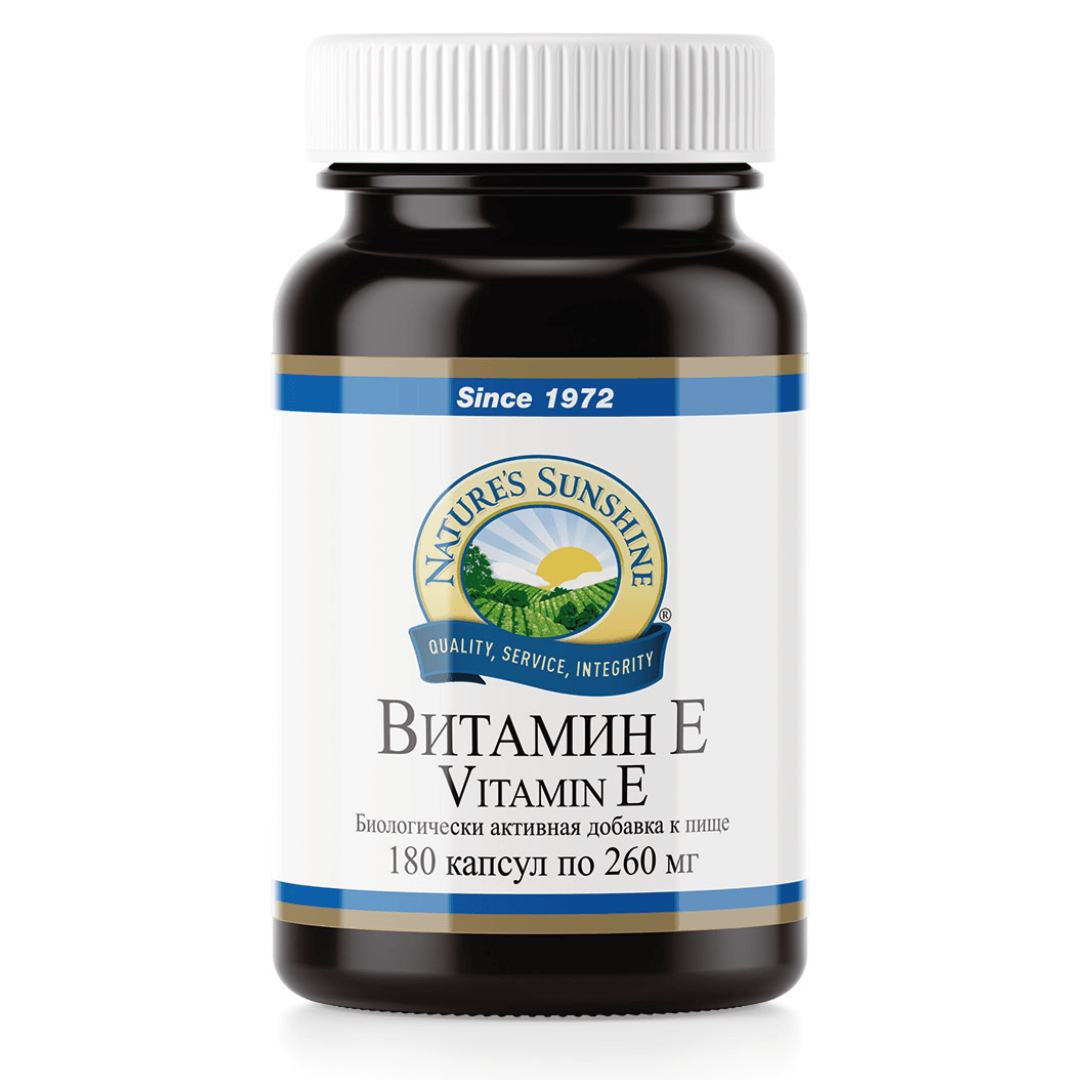No products in the cart.
Dietary supplements
Vitamin E
Vitamin E
PV: 22.04
Availability:
In stock
- Vitamin E contributes to the protection of cells from oxidative stress.
P. fiyatı / Price / Цена: ₺2.052,0
Partner fiyatı / Partner Price / Партнерская цена: ₺1.332,0
In stock
























